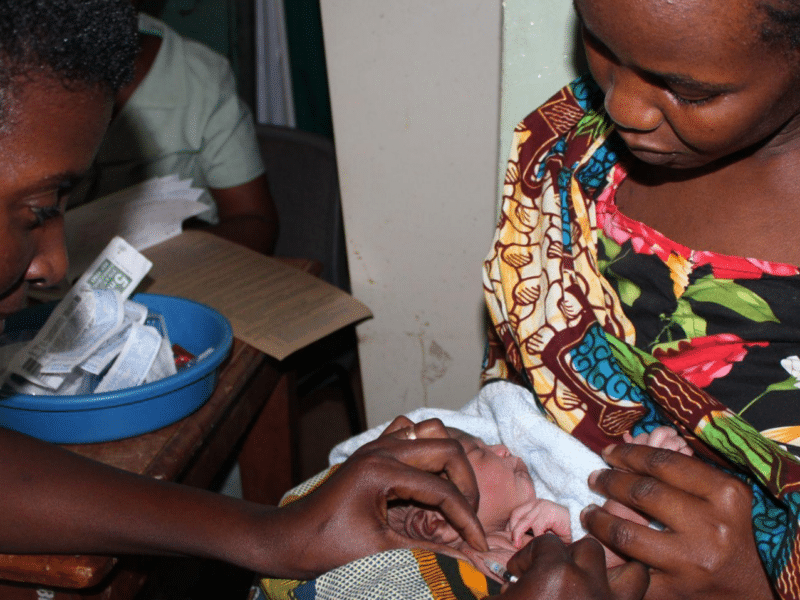New research from the Johns Hopkins Bloomberg School of Public Health Center for Communications Program (JHU∙CCP) NetWorks project examines how changes in perceived risk of contracting malaria influence long-lasting insecticidal bed net (LLIN) use in Bukoba and Zanzibar, two regions of Tanzania. The findings are published in the Malaria Journal.
The recent scale-up of intensive malaria control interventions in Tanzania has dramatically reduced the risk of malaria transmission in many regions. Despite the decline in risk, research findings reveal that routine LLIN habits and the importance of getting a good night’s sleep are strong contributors to consistent net use.
Although participants cited reductions in both the severity of malaria and their perceived susceptibility to malaria, it was still considered a significant threat. Many participants strongly believed that consistent net use is crucial even as transmission decreases.
One male research participant in Zanzibar explained, “[A]fter seeing that malaria cases have decreased, [some people] increase the frequencies of sleeping under a net so as to avoid infections completely. Also in my opinion I think we should continue to use the nets more and or spraying the insecticides more so as to kick malaria away.”
Researchers also explored the benefits of net use that are unrelated to malaria such as getting a good night’s sleep and avoiding biting pests, which appeared to play a large role in personal decisions to use nets consistently.
“When you are used to sleeping under a mosquito net, then that comfort would cease the moment that you stop using it because you will be disturbed by mosquitoes. Once you are used to it, then you can’t stop using the net,” said another male research participant.
When asked about the benefits of LLINs, a female participant in rural Bukoba explained, “The benefit of mosquito nets is that when you sleep under it you get a good and deep sleep, you don’t contract malaria, you don’t get bitten by mosquitoes and snakes or rats won’t fall down on you.”
The research synthesized data from 11 focus group discussions (FGDs), comprised of men and women aged 18-49 and women over the age of 50 years. A total of 35 men and 60 women participated in the focus groups.
While most articles focus on barriers to net use, this is one of the first studies to examine motivators for LLIN use, particularly as risk declines. The exploration of the risk and comfort dimensions of net use provides a richer understanding of net use behaviors.
Authors of the article include Hannah M. Koenker, Dana Loll, Datius Rweyemamu from the University of Dar es Salaam and Abdullah S. Ali, manager of the Zanzibar Malaria Control Program.





